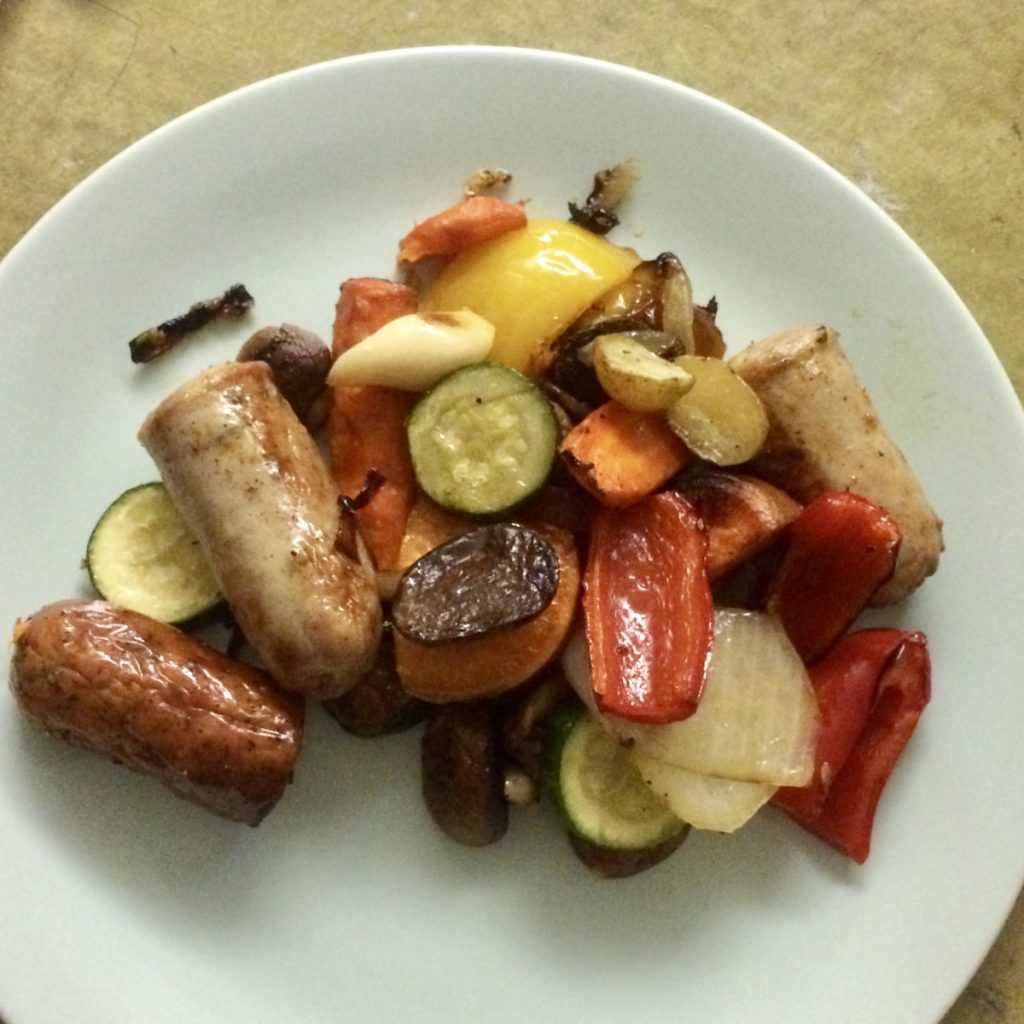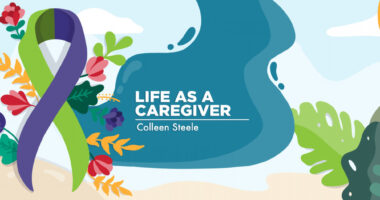Cooking Is Great in Life with PH

A therapist once asked me what makes me happy, and I said “food” right away. Thankfully, I’ve matured since high school, and food is no longer at the top of my mental list of reasons to live. Now coffee ranks above it.
I’m joking!
A while back (21 months ago!), I wrote about how my relationship to food has changed since my heart-lung transplant. I briefly mentioned that preparing my own food tends to be safer than eating out now that I take immunosuppressant medications. My increased risk of foodborne illness motivates me to cook for myself whenever possible.
Reasons to cook
Home-cooked meals are often the healthiest option for anyone, with or without chronic illness. Importantly, for those of us who have experienced heart failure, cooking for ourselves is a way to control salt intake.
My mom is an amazing cook and taught me the essentials growing up — what ingredients taste good together and skill with a knife. I started cooking for myself out of necessity in college, as I found it to be the cheapest option, especially while attempting to afford the notoriously high cost of living in the San Francisco Bay Area.
So there you have it: Cooking is a healthy and economical option. I’ve found it can be a meditative activity for me as well. Cooking requires just the right amount of focus to keep me fully absorbed without being overly challenging. Allowing myself an hour or two to prepare a meal feels absolutely luxurious.
Considerations for cooking with pulmonary hypertension
However, cooking takes a fair amount of energy. There’s reaching and lifting and standing involved, each of which requires “spoons,” and could really wipe me out when I had pulmonary hypertension (PH). I rarely had the stamina to wash dishes after cooking a meal.
My solution was to start cooking for my roommate. We agreed that if one person cooked, the other would wash the dishes. This is a good rule for any pair, be it your roommate or your significant other. Consider inviting a friend over for dinner with the agreement that they’ll take care of the cleanup, or switch things up and volunteer to do the dishes if someone wants to cook for you.
Save your energy while you cook. Have a stool or counter-height chair in your kitchen so you can rest while stirring the pot or measuring ingredients. It might look and feel silly, but it really made a difference for me.
Sheet pan recipes make for easy cleanup
To avoid a pile of dishes, I look for sheet pan recipes. These tend to involve one cutting board, one knife, and one sheet pan (hence the name). You can search the internet for a recipe that sounds good, or check out the simple recipe I shared in the Diet and Nutrition section of the Pulmonary Hypertension News Forum over the weekend.
I hope this column inspires you to cook a meal for yourself. Cooking a good meal gives me a great sense of accomplishment. Beyond the satisfaction I get from actually eating the food myself (and by now you’ve gathered that’s a significant amount), cooking is something I can do for the people I love. Cooking — in addition to food, it turns out — makes me happy.
***
Note: Pulmonary Hypertension News is strictly a news and information website about the disease. It does not provide medical advice, diagnosis, or treatment. This content is not intended to be a substitute for professional medical advice, diagnosis, or treatment. Always seek the advice of your physician or other qualified health provider with any questions you may have regarding a medical condition. Never disregard professional medical advice or delay in seeking it because of something you have read on this website. The opinions expressed in this column are not those of Pulmonary Hypertension News or its parent company, Bionews Services, and are intended to spark discussion about issues pertaining to pulmonary hypertension.









Leave a comment
Fill in the required fields to post. Your email address will not be published.